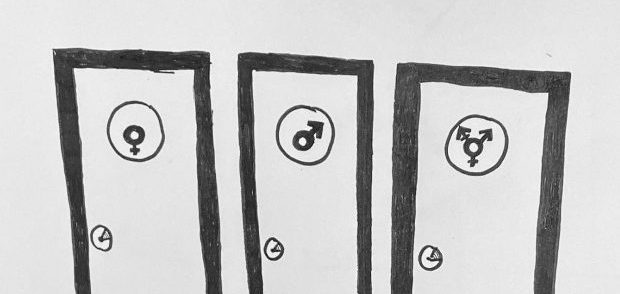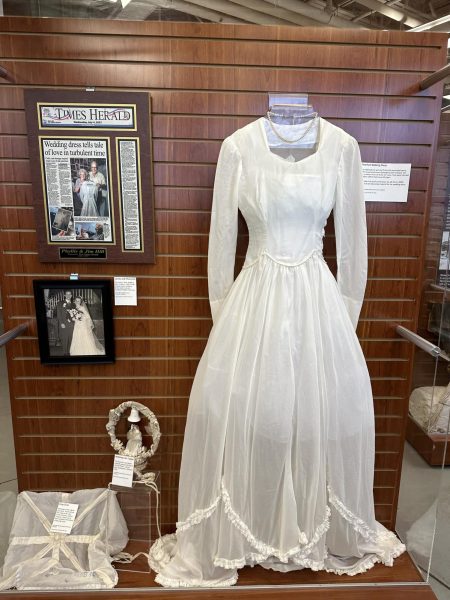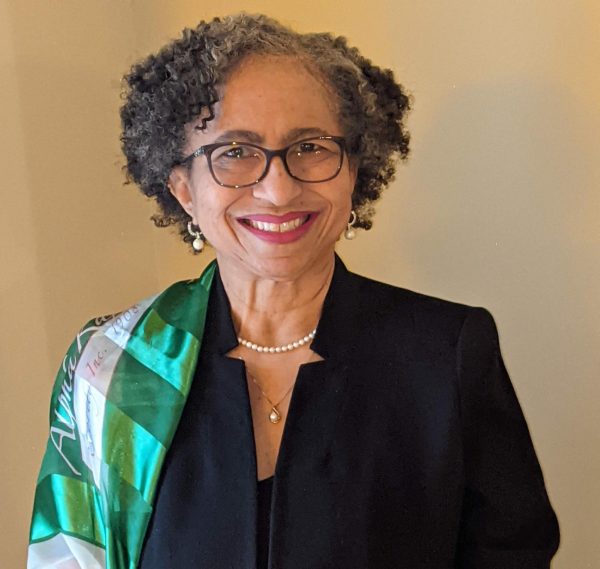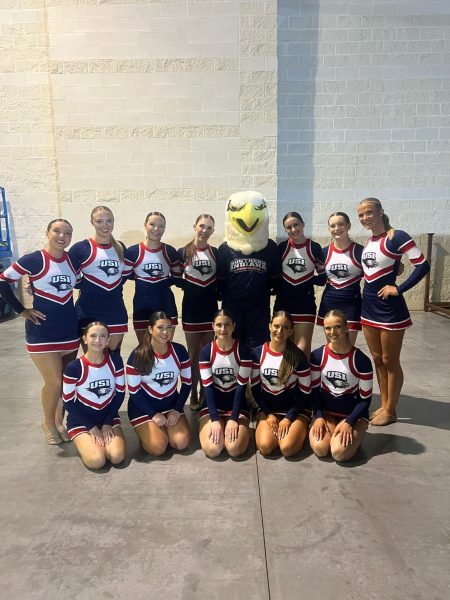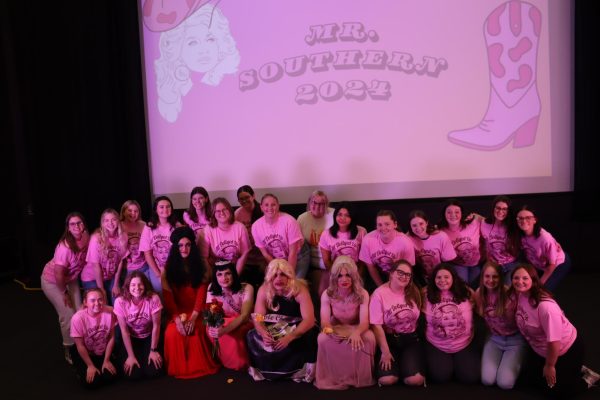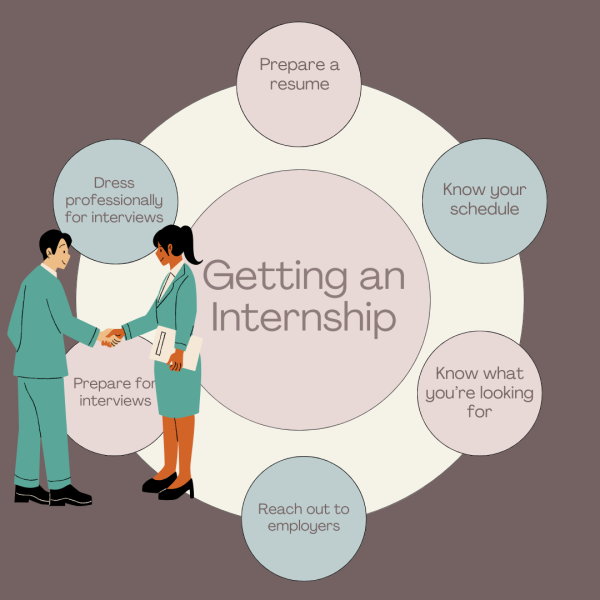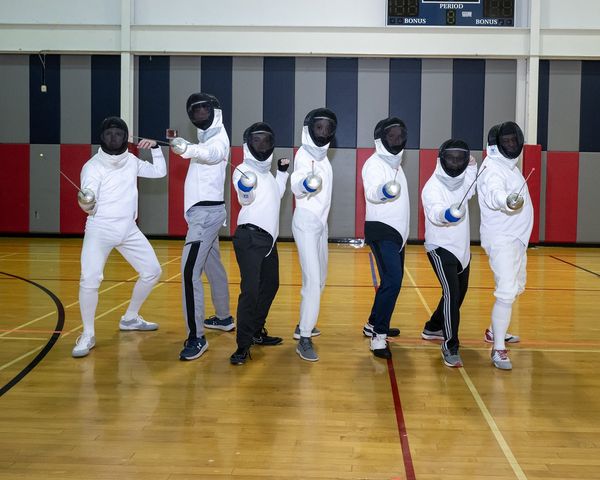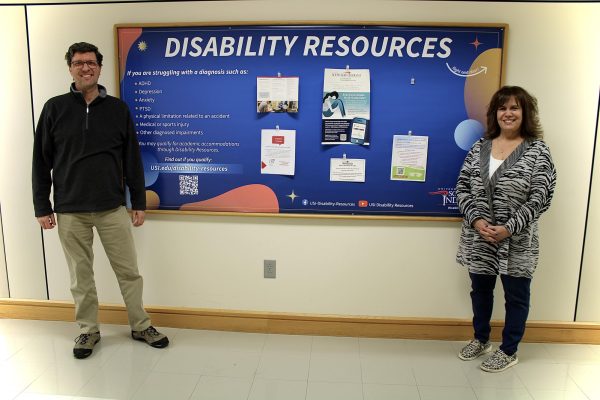Finding housing as a transgender student
Housing and Residence Life is working on a pilot program to help students find their ideal living situation.
Jaxen Margason lived with female students his first two years at USI.
The senior history major previously went to Vincennes University where he had his own room. Margason’s mother emailed Housing and Residence Life before he transferred to ask about disability housing and she asked if he could room with men, but when he got his room assignment he was roomed with women.
27,600 adults in Indiana identify as transgender, according to the Williams Institute. Housing and Residence Life is working on a pilot program to help students find their ideal living situation.
Margason said he wanted to be fully identified as transgender after not coming out to everyone in Vincennes.
“I was hoping I could live with guys because I don’t want people just assuming, ‘why is a guy going into a girl’s apartment?’ when I lived there,” Margason said.
He wanted to live with men for at least one semester after five and a half years so he emailed Amy Price, the director of housing and residence life, before his senior year and he now rooms with a male RA.
“I relate more with being with guys,” Margason said. “So living with (the RA) was a completely different experience because we’re like minded as guys.”
He recommends students interested in preferred housing should email HRL because they have to override the system in order to room students in housing that matches their gender identity.
Price said she wants students to know they can come talk to her about their ideas or concerns with housing.
“I really want them to come talk to me so that I can help them,” she said. “The university loves to hear ideas that students want and ways that we can make students feel more supported. I would love to help students with that.”
Price said as of right now if a student comes to them and identifies as transgender, transitioning, non-binary or identifies as anything else, they are allowed to live with someone of the opposite biological sex.
Price said it is an open housing option, which has been a pilot program over the past two years although it isn’t advertised.
The statement says, “If the housing application or roommate options do not support your gender identity, please contact the Housing and Residence Life Office.”
“Sometimes students come in and say there’s another student that identifies as the gender I’m transitioning to and I would like to live with them, and we have worked with students to make that happen,” she said. “That’s the bottom line, I want every student that lives on campus to feel like we support them.”
Price said it doesn’t affect anyone negatively to make housing work for everyone.
The university changed its housing application two years ago and created more options than just male and female.
Price said they input information from Banner, the system the university uses every day to keep track of students that apply to the university. They come to housing and are uploaded into their system when they’re admitted.
“We pull in what the university asks, which is about (someone’s) sex on the application,” she said. “We have started asking our own questions about gender identity. Students now have four options, they can pick male, female, transgender or another identity.”
Price said they also have a text box that students can fill in if they have any additional information to share with them, which assists in the housing assignment process.
“We have a number of students, more than the university might realize, that identify as another identity,” Price said. “…I’ve received feedback that students really feel good about being able to check a box that describes them.”
If students haven’t reached out about their preferences, HRL will reach out and say, “I noticed you put this on your housing application, what do your housing preferences look like? What are you envisioning for your campus living experience?”
Price said they have options for gender-neutral housing, where people can self-select and if there is a group of people that all want to room in the same apartment or building, they can work with housing to get set up.
Price said the university has witnessed a number of roommate conflicts, but there are some related to the idea that they don’t feel comfortable with their roommate who identifies as gay or who has different religious beliefs.
“Those situations are really difficult to work through because all of it can be sensitive,” she said. “You have to think about that you are hurting somebody’s feelings. However, we are not going to make different living experiences and buildings for people of different religions or of different racial and ethical backgrounds.”
Price said that she hasn’t had students formally ask for a type of living environment that would differ from a living-learning community, but it has been brought up by the LGBTQ+ community.
She said she wants people to know if there is a group that wants to have a living environment where their group can live together then they can talk to HRL about living within proximity of each other, and they can find apartments to make it happen.
“If there are 12 or so students who would feel better living together, I can make that happen for you,” Price said. “They can come to me and say, this is kind of what we want, what are the parameters we have to work in. And I’ll tell them this is how we make it happen.”
Price said the administration is very interested in student input and feedback, especially since this is still a pilot program.
“We want to be able to recruit and retain students,” she said, “I think now is a great time to bring up new ideas…I look forward to working with some students what can help because I think we have the current facilities to accommodate this.”
This is not only an option for apartments but also residence halls, and there are students currently taking advantage of the group housing.
“Students just have to come see us, come talk to me,” Price said. “If they feel intimidated by that then they can meet me at Starbucks or meet me in the University Center. I will do that.”
Dean of Students Jennifer Hammat said there have been students who have asked for assistance in getting rooming accommodations because of their gender identity. She said she heard of students that seemed to be interested in an LGBTQ+ space and for there to be additional programming and resources for LGBTQ+ students, and housing would fit into this.
“I think that’s something that we’d certainly like to look at going forward,” Hammat said.
She said there was open housing at the college she previously worked at, the University of Texas-Austin. Hammat said it is more customary for colleges to provide open housing as an option.
She said she would be happy to lend her support if open housing was something students wanted and if the Residents Association worked with Price.
“We have a number of different options available for students,” Hammat said. “At this point, I think they’ve been managing that case by case. But I think it might be easier for students to access and see that this was an option for them if it was listed as a housing option.”
Hammat said students should contact Price because the DOSO wants to make sure their problems with housing are not a detriment to their academic success.
She said getting open housing could put USI on a list of colleges that transgender students could consider attending.
“I think the languages and policies matter because when students are looking for places where they will be seen and heard and accepted, having that housing can go a long way for recruitment,” Hammat said.

